-
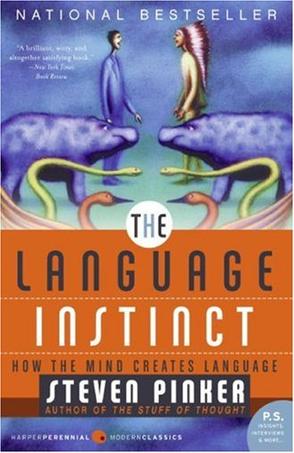
The Language Instinct
In this classic, the world's expert on language and mind lucidly explains everything you always wanted to know about language: how it works, how children learn it, how it changes, how the brain computes it, and how it evolved. With deft use of examples of humor and wordplay, Steven Pinker weaves our vast knowledge of language into a compelling story: language is a human instinct, wired into our brains by evolution. The Language Instinct received the William James Book Prize from the American Psychological Association and the Public Interest Award from the Linguistics Society of America. This edition includes an update on advances in the science of language since The Language Instinct was first published. -
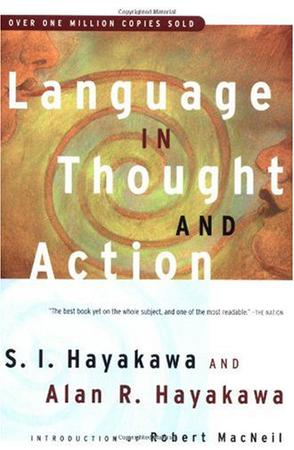
Language in Thought and Action
A revised, updated edition of S. I. Hayakawas classic work on semantics. He discusses the role of language, its many functions, and how language shapes our thinking. Introduction by Robert MacNeil; Index. -
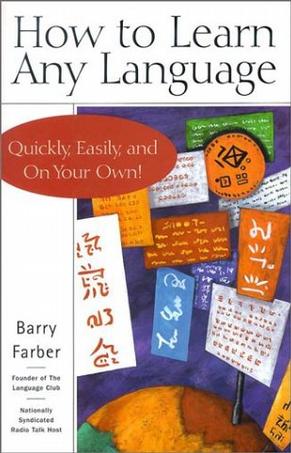
How to Learn Any Language
-
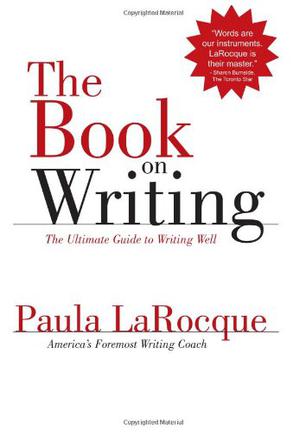
The Book on Writing
Many books attempt to teach the elements of good non-fiction writing, but only one does it in the gentle, humorous way of famous writing coach Paula LaRocque. LaRocque's new book is the result of a lifetime spent as a journalist and writing educator. This book contains 25 chapters in three sections. The first section spells out a dozen essential guidelines to good writing, from the importance of short sentences to the value of using a conversational tone. Section Two teaches the reader how to tell a story -- how to build suspense, how to effectively describe things, how to use literary devices. Section Three is a concise handbook on writing mechanics, such as grammar, usage, punctuation and style. Each section is loaded with illustrative examples of great non-fiction writing, and LaRocque's gentle humour makes reading a pleasure. This is LaRocque's gift to the writing world -- it is destined to become a classic. -
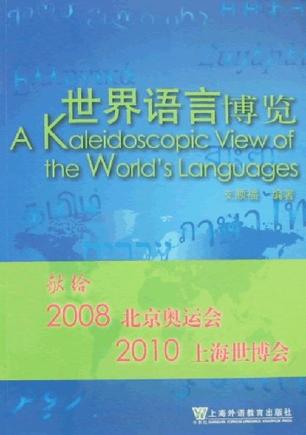
世界语言博览
本书既可供国际活动参与者、志愿者和旅游者、从事外事和外贸业务者等使用,亦可供文字和新闻工作者、信息与情报工作者参考,还可供语言和百科知识爱好者备用,以及作为语言、文化、民族等研究者的资料。此外,“语言万花筒”部分为作者关于多语学习和探索的经验之谈与窍门,及针对语言各方面的趣味杂谈。所附光盘收集各种语言的大量词汇及谚语资料,可供读者深入学习、研究和探讨。 -
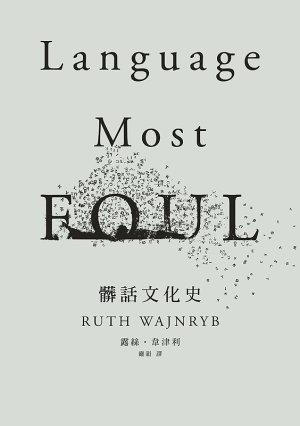
髒話文化史 - Language Most Foul
他媽是怎麼想出這定理的?──畢達哥拉斯 我想幹他媽的不會下雨吧,你說呢?──聖女貞德 這幅幹他媽的畫明明就很像她!──畢卡索 你要我在幹他媽的天花板上畫什麼?──米開蘭基羅 他媽的這麼多水是哪兒來的?──鐵達尼號船長 這不是幹他媽的真槍吧?──約翰?藍儂 十二髒肖──幹、屄∕雞巴、屎、尿(piss)、嬲(bugger)、天殺的(bloody)和屁股(arse),再加上該死(damn)、地獄(hell)、屁(fart)、大便(crap)和屌(dick)──為許多不同的言辭行動提供資源。這十二個字詞經常操勞過度,服侍許多不同的主子。 身為語言學家的作者曾說:「每當遇上新辭典,我都用幹這個字當基本測試。我首先直接翻到F字部,找出幹,看看辭典怎麼說。如果書上的定義不令人滿意,不符合我對這個字在現實生活中各種行動脈絡裡實際用法的了解,我就會放下那本辭典,另尋其他。」 是否不分古今中外,任誰都會滿口粗話、罵罵咧咧?創造性的詛咒之得以發展,是否只因為我們不能動手痛揍惹我們生氣的人?如果口語攻擊是放諸四海皆準的行為,那為什麼某些語言(比方日語)據說沒有不堪入耳的字詞? 一度僅限於足球場(或產房)的罵人話,如今已登堂入室,令若干優雅人士大為驚恐,但其他人則似乎都不甚介意。露絲韋津利以趣味十足的角度探究此一演變過程,解析我們語言中一些多采多姿詞句的起源。韋津利不以英語劃地自限,探討「壞」字詞是否也出現在其他語言,以及罵人話有哪些文化差異。為什麼在某些國家,暗示某人跟他的駱駝有超友誼關係還不至於惹出麻煩,但若對人家母親的道德水平表示鄙夷,就絕對會讓你被踢出國門? 這是一本詼諧風趣、獨樹一格的書,探究以字詞震驚、冒犯、侮辱、逗樂、誇大、發洩、傳遞深刻情緒的種種力量。任何對語言有興趣的人──或者曾經不小心踢痛腳趾的人──都不可錯過《髒話文化史》。 「露絲韋津利寫出了歷來語言學家之不敢言。本書對髒話研究詳盡,引人入勝,筆調幽默,充滿有趣的歷史和好笑的軼事。若要在此引用例句,恐將難以避免用上不雅之詞,所以各位還是快去買這本他X的書吧。」──《年代》 「本書帶你悠遊咒罵語的條條大路和窄巷曲徑。韋津利是最合乎理想的語法學家:明智,博學但態度輕鬆,以幽默雋語寓教於樂。」──《克科斯評論》